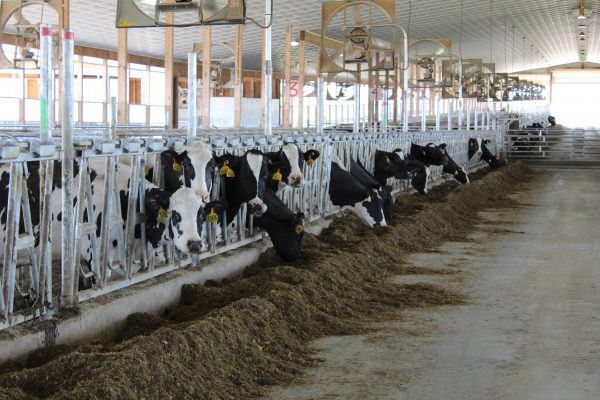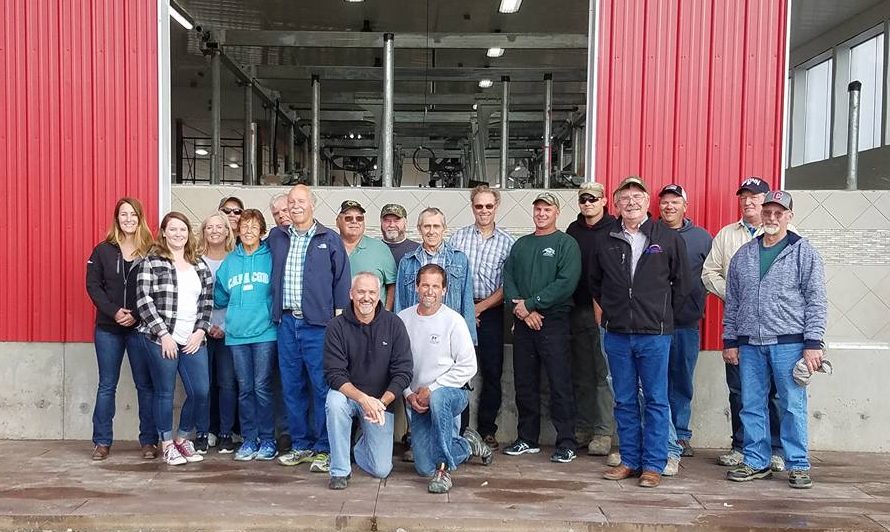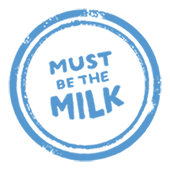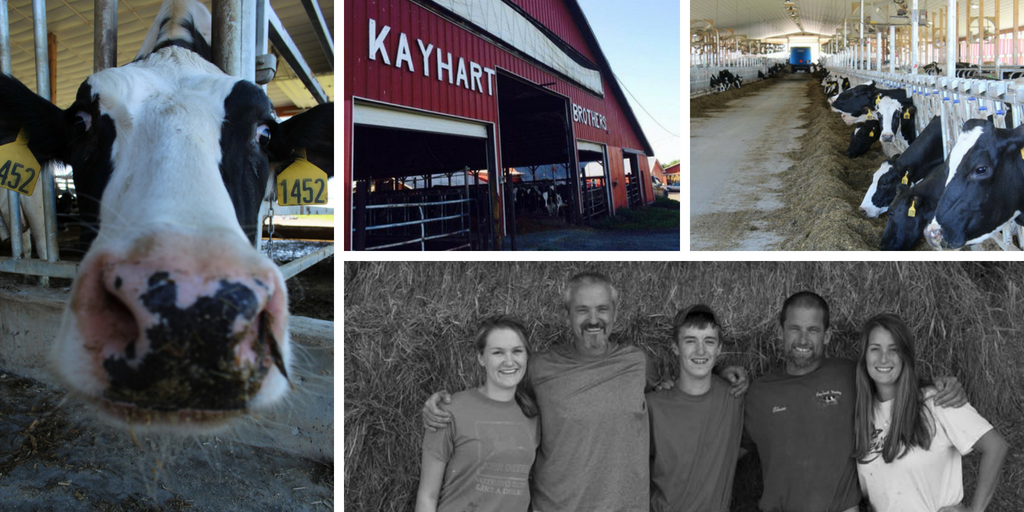Tall, green corn stalks reach up towards the clear, blue sky, trying to soak up every last ray of sunshine, as Tim and Steve Kayhart walk down the aisle of their free-stall cow barn. On this warm, sunny day, the fans in the barn whir – blowing fresh air on the herd of 1,000 Holstein cows.
Nestled along the shores of Lake Champlain, the Kayhart Brother Dairy Farm spans more than 2,000 acres. It’s one of hundreds of dairy farms dotting Vermont’s landscape. Each one a different size, with different colored barns, and different breeds of dairy cows. But there are two things they all have in common – top-notch care of their animals and working tirelessly to protect the environment.
Family Farming
The Kayhart family has owned their farm since 1979. About 97% of dairy farms in the United States are family owned. It means those families are in their barns every day, they’re out in the fields every day – they are truly connected to what is happening in and around their land, animals and businesses.
Tim and Steve don’t think of themselves as having a big farm. They explain it’s a big family. Each employee plays an important role, helping to make sure each and every cow and calf is safe, healthy, and comfortable.
Cow Care
And when it comes to comfort, Tim and Steve agree these ladies live in luxury. The Kayhart barns feature mattresses covered in soft bedding for the cows, 24-7 access to fresh food and water, even cooling fans and retractable walls which operate based on the weather. The Kayhart cows are the top priority for every member of the farm. The Kayharts explain that cows are most comfortable when they’re able to relax and socialize as much as they want. And happy, comfortable cows produce higher quality milk.
The Kayharts, like many other dairy farmers across the country are making investments in their equipment, their buildings, and their infrastructure – to make sure their businesses are as efficient and as environmentally friendly as possible.

Environmental Stewardship
With Lake Champlain just a stone’s throw from their barn door, Tim and Steve embrace the important role dairy farms play in protecting local lands and waterways. The environment is at the heart of every decision they make. They’ve adopted cover crops to keep a growing plant on the land all year round to promote healthy water and soil. They recycle and separate their manure into dry, clean, sterile plant fibers to be used as bedding for cows and the byproduct is used as fertilizer for their fields. It’s these decisions that have shown that Tim and Steve know their business depends on healthy land and water.
The Kayhart cows eat corn, alfalfa, and grass which is grown and harvested on the farm. Additional energy, protein, minerals, and vitamins are added to feed the cows a balanced diet — that also includes leftovers from human food production. Cows have the distinct ability to eat food that humans can’t digest.
The Kayharts Farm uses technology to responsibly plant the crops they need to feed their cows. Many farms like theirs across New England and the U.S. have adopted smart-technologies like auto-steer tractors which help farmers accurately plant seeds and apply the appropriate amounts of nutrients like phosphorous, potassium and nitrogen to the soil. The computer uses a calculation to apply the right amount of seeds or manure needed based on factors like soil type or weather. This helps to reduce the chance those nutrients run-off into water. The Kayharts say it’s responsible farming and they do it because it’s the right thing to do.
Big or Small, it’s all a Family Affair
No matter if the farm is small or large, in the north or south, each plays a part in feeding a growing world. As they walk down the barn, to check in on their cows, Tim and Steve say they’re in the business of sustainable nutrition. They work to create a nutritious, wholesome product, and do it in a responsible way. They are proud of their cows, their land, and their farm. And they’re proud to be doing it all as a family.



